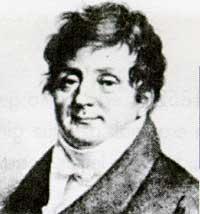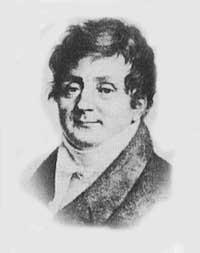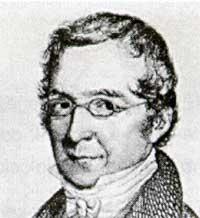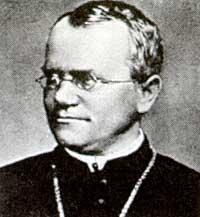Fourier, Joseph
1995/08/02 Azkune Mendia, Iñaki - Elhuyar Fundazioa | Kaltzada, Pili - Elhuyar Zientziaren Komunikazioa
(1768-1830)

French mathematician born in Auxerre in 1768. Despite his desire, in his youth he went to the priest and was a Benedictine novice. He soon left the convent when the Revolution of 1779 began. Taking this opportunity, he was a member of the French Army and along with Napoleon, in 1798 he moved to Egypt. The relationship between Fourier and Napoleon was very rich for both. Napoleon got a trusted official and appointed Fourier to the governor of Egypt. This left him fascinated by Egypt's artistic heritage and published numerous works on it. In 1808 Napoleon awarded Fourier the title of Baron.
In 1801 he began scientific research. He was responsible for heat transmission and studied all the factors that influence heat transmission between both objects. The result of this work is the Fourier Theorem, published in 1807. What we know today as harmonic analysis is the use of the Fourier Theorem. This postulate is a process of decomposition of periodic functions. These functions are broken down into their basic oscillations and surface waves.
In 1822 Fourier used his theorem in heat transmission processes and published in his book Analytical Theory of Heat what is known as the Fourier series. Its main characteristic is that it usually serves to explain the functions that appear in the different intermediate parts by means of different expressions, which depend on very few restrictions.
He was a member of the Academy of Sciences since 1817 and in 1822 he was appointed secretary of it.
After the contributions that have guided the development of mathematics, he died in Paris in 1830.

Gai honi buruzko eduki gehiago
Elhuyarrek garatutako teknologia






